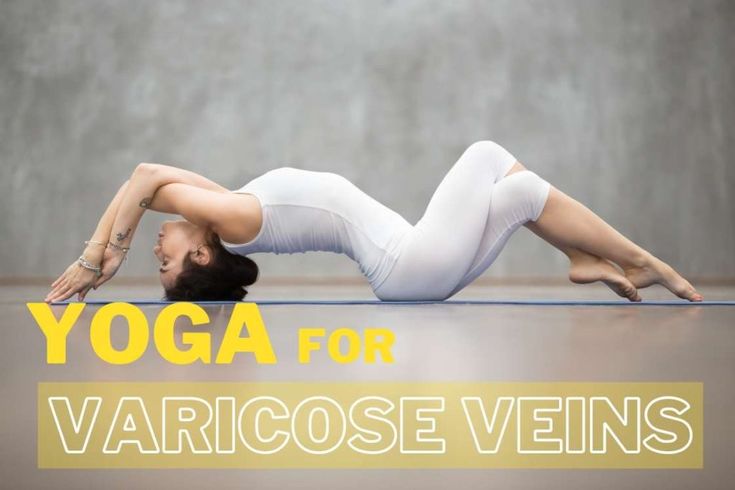The vascular system of humans is made up of the vessels that carry blood and lymph through the body and it is also called “the circulatory system”. The arteries and veins carry blood throughout the body, delivering oxygen and nutrients to the body tissues and taking away waste matter from tissues.
The lymph vessels carry lymphatic fluid (a clear, colorless fluid containing water and blood cells). The lymphatic system helps protect and maintain the fluid environment of the body by filtering and draining lymph away from each region of the body.
The vessels of the blood circulatory system/Vascular System include:
- Arteries:Blood vessels that carry oxygenated blood away from the heart to the body.
- Veins:Blood vessels that carry blood from the body back into the heart.
- Capillaries:Tiny blood vessels between arteries and veins that distribute oxygen-rich blood to the body.
- Blood moves through the circulatory system as a result of being pumped out by the heart. Blood leaving the heart through the arteries is saturated with oxygen. The arteries break down into smaller and smaller branches to bring oxygen and other nutrients to the cells of the body’s tissues and organs. As blood moves through the capillaries, the oxygen and other nutrients move out into the cells, and waste matter from the cells moves into the capillaries. As the blood leaves the capillaries, it moves through the veins, which become larger and larger to carry the blood back to the heart.
- In addition to circulating blood and lymph throughout the body, the vascular system functions as an important component of other body systems.
- The health of your veins are often suffering from a variety of conditions, like obesity, heart condition or diabetes causing various vascular diseases. Even genetics play a vital role in whether you’re vulnerable to vascular problems.
What is vascular disease?
A vascular disease is a condition that affects the arteries and veins of your circulatory system. Vascular disease affects the regular flow of your blood in the body, either by blocking, narrowing or weakening blood vessels, or by damaging the valves that are found in veins. Various vital organs and other body parts get damaged due to vascular disease/ poor vascular health which is caused usually due to decreased or completely blocked blood flow.
What causes vascular disease?
- Atherosclerosis
Atherosclerosis (a buildup of plaque, which may be a deposit of fatty substances, cholesterol, cellular waste products, calcium, and fibrin within the inner lining of an artery) is the main culprit for vascular disease. It’s yet unknown exactly what causes atherosclerosis. Atherosclerosis may be a slow, progressive, vascular disease. However, the disease has the potential to progress rapidly. It’s generally characterized by the buildup of fatty deposits along the innermost layer of the arteries. If the disease process progresses fast, plaque may form. This thickening narrows the arteries and may decrease blood flow or completely block the flow of blood to organs and other body tissues and body parts.
- Blood clots
A vessel could also be blocked by an embolus (a tiny mass of debris that moves through the bloodstream) or a thrombus (a blood clot).
- Inflammation
Generally, inflammation of blood vessels is also known as vasculitis, which causes a variety of vascular disorders. Inflammation may cause narrowing and blockage of blood vessels.
- Trauma or injury
Trauma or injury involving the blood vessels may cause inflammation or infection, which may damage the blood vessels and cause narrowing and blockage.
- Genetic
Certain vascular conditions of the system are inherited and present in genes.
How to take care of your blood vessel health?
It is imperative to strengthen veins and arteries to keep your vascular health sound & maintain healthy blood circulation in the body.
Tips for Maintaining Healthy Blood Vessels
- Don’t Smoke or Use Tobacco:The chemicals in tobacco smoke can deoxygenate and thicken blood. Additionally, nicotine causes vascular hardening and narrowing.
- Eat a Healthy Diet:Fruits and vegetables are great for circulation and the health of vein walls.
- Maintaining a Healthy Weight:Carrying around extra weight puts extra pressure on your veins, deteriorating your blood vessel health.
- Take Frequent Walks:Physical activity gets your blood pumping, which helps your veins move blood upwards and helps in proper blood circulation.
- Don’t Cross Your Legs:Crossing legs for a longer period of time increases problems with circulation.
- Focus on staying active:If you’ve got a desk job, wake up early regularly and take a walk to keep the blood pumping.
- Stay hydrated:When you’ve had a lot of water, your blood is thinner and flows better. Thicker blood due to dehydration can make vein insufficiency problems worse.
- Use compression:If you’re vulnerable to venous insufficiency, whether by genetics, pregnancy, chronic conditions like obesity or heart condition, or work/lifestyle habits, then wear compression socks. They help contract muscles round the veins to assist blood withdraw up toward the guts. It would even be a great idea to place your feet up a couple of times each day (higher than hip level) to offer your circulation a lift.
- Seek treatment:If you start noticing symptoms such as fatigue, heaviness and swelling, then it would be a good time for an evaluation from a vascular expert near you.
Dr. Kushan Nanavati (MBBS, MS, DNB) is an eminent, MCI recognized Consultant Vascular Surgeon practicing in Vadodara, Gujarat since 2019. He is associated with VINS Hospital, Vadodara & also attached with the majority of corporate/multispecialty hospitals across the city. Dr. Nanavati is dedicated exclusively towards the care of veins & artery diseases related to the Blood Circulatory System.






